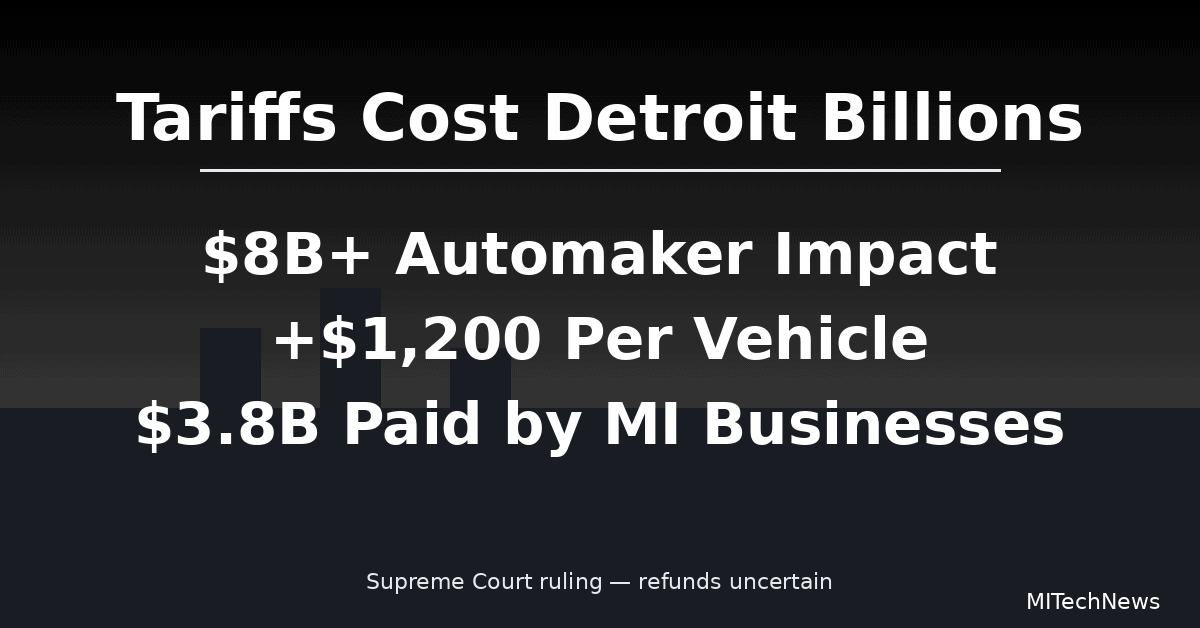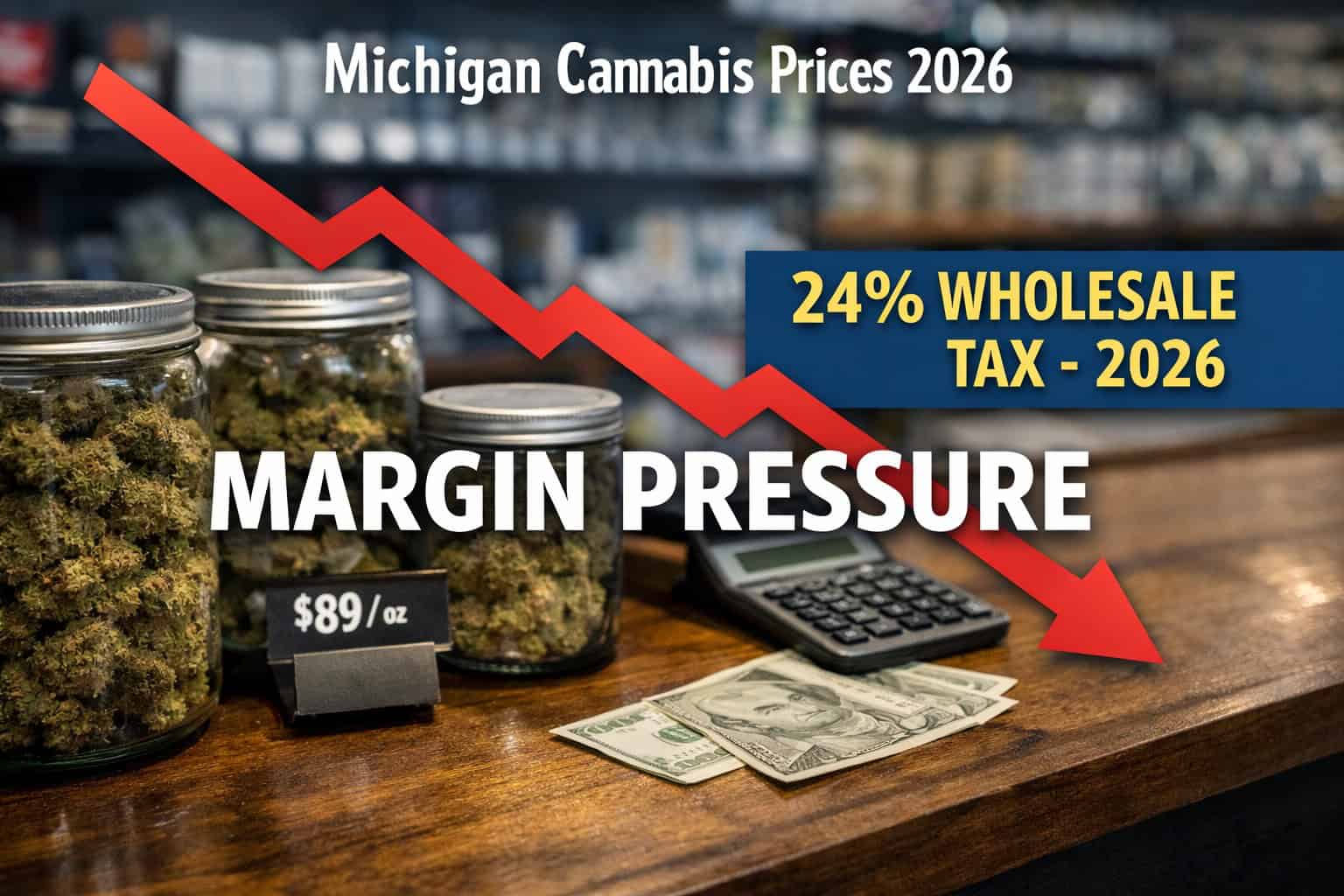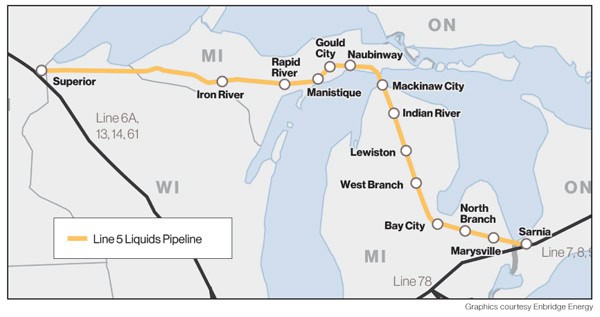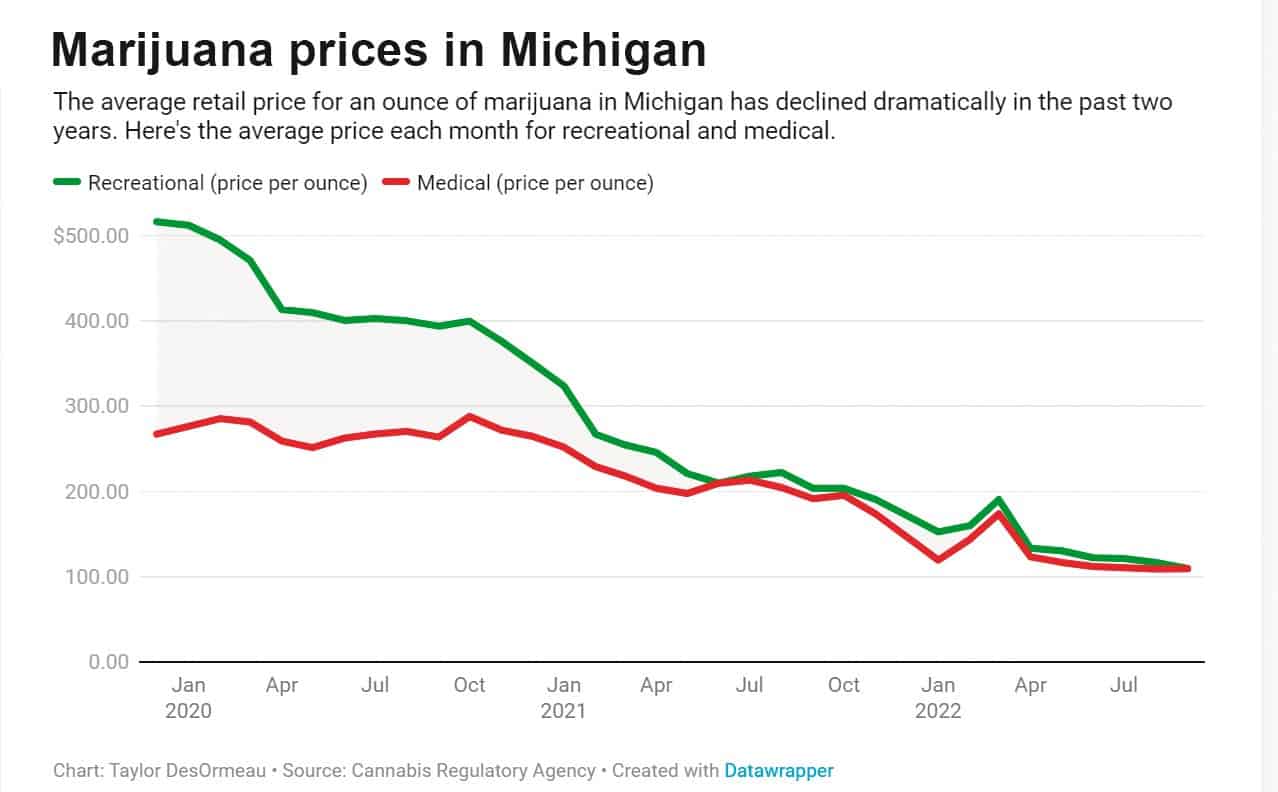GRAND RAPIDS – A Grand Valley survey of West Michigan purchasing managers and businesses indicates the region’s economy continues to chug along at a steady pace after posting a fourth straight month of modest growth.
The responses to his monthly survey suggest to Brian Long, researcher and director of supply management research at the Seidman College of Business, that a recession is unlikely through the remainder of the year.
“Barring some kind of a geopolitical surprise, the probability of a 2024 recession is just about off the table,” Long said.
While the regional economy has shown resilience amid inflation, Long noted that the rate of economic growth is slowing, keeping in line with the Federal Reserve’s attempts to battle inflation by raising interest rates.
“Yes, the economy is slowing, but still positive and not collapsing into a recession,” Long said. “Yes, it’s beginning to look like we’re headed for that so-called soft landing that the Federal Reserve is trying to engineer, but a word of caution, we still haven’t landed yet.
“We will still not be able to declare a soft landing has been accomplished until inflation comes down much closer to the Fed’s 2% target level. At the same time, employment and economic growth still remain positive.”
While one of Long’s metrics in his survey, the employment index, remained level in May, two other metrics dipped. The new orders index, a measure of business improvement, and the production index, a measure of output, fell in May.
“Inflation is still far too high for the economic health of the dollar over the long term, so the Fed is obviously somewhat disappointed that the economy has not slowed more than it has with the increase that they have posted in interest rates,” Long said. “The assumption, of course, is that a slower economy is supposed to help reduce inflation, and that just simply hasn’t happened so far.”
Here’s a look at the key index results from May’s survey of West Michigan businesses:
- New orders index (business improvement): +5 vs. +16 in in April
- Production index (output): +2 vs. +16 in in April
- Employment index: +7 vs. +7 in April
- Lead times index: -19 vs. -15 in April
More information about the survey and an archive of past surveys are available on the Seidman College of Business website.






